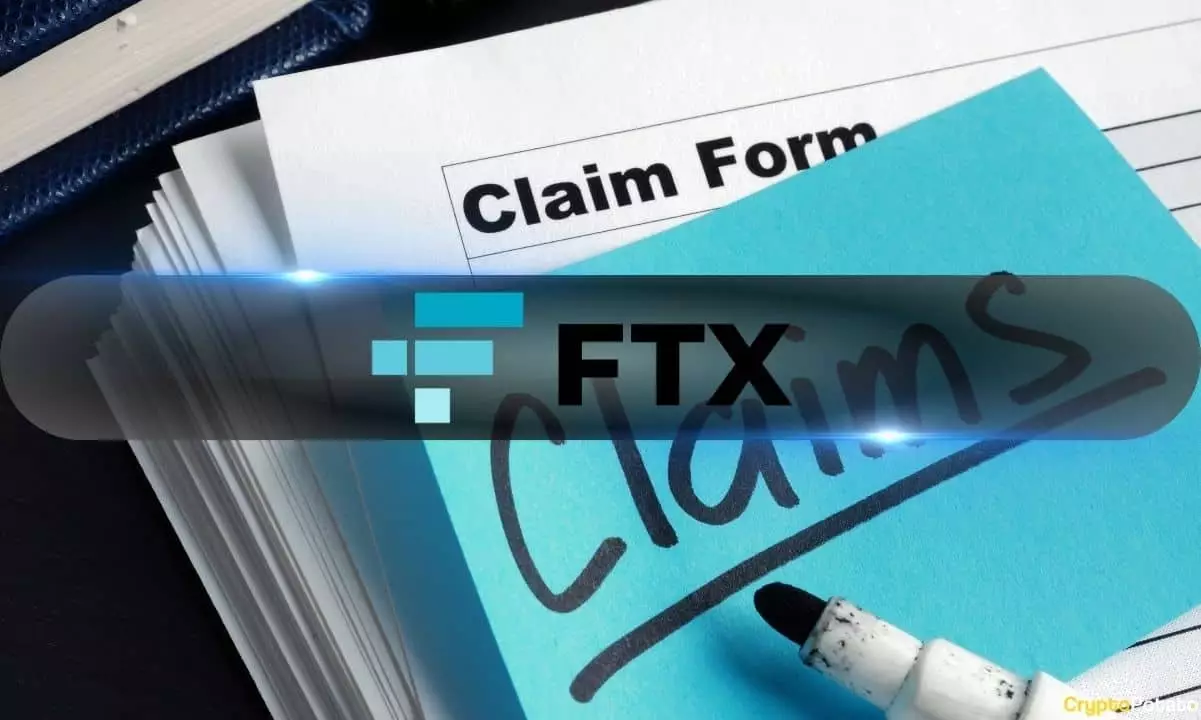FTX, a bankrupt cryptocurrency exchange, has faced objections from creditors regarding its proposed reorganization plan. The creditors, including Ahmed Abd El-Razek, Pat Rabbitte, Noia Capital, and activist Sunil Kavuri, have raised several concerns. They argue that the plan fails to address property rights issues, does not meet the best interest test, and presents inconsistent debtors liquidation analysis. These issues point to potential flaws in the proposed plan’s structure and execution.
FTX’s proposed reorganization plan outlines a repayment strategy that aims to pay 98% of creditors with claims less than $50,000 within 60 days of approval. Non-governmental creditors would receive 100% of their claims, along with potential additional 9% interest payments. While the crypto community has shown support for these terms, Kavuri and other objectors have expressed dissatisfaction. They are concerned about the impact of taxation on creditors and argue for distributions in kind to avoid this issue. This critique highlights the potential tax implications and complexities that may arise from the proposed repayment structure.
The objectors, including Kavuri, propose an alternative approach where the FTX bankruptcy estate enters into an agreement with another crypto exchange to facilitate distributions in kind. They suggest that this method would be more efficient and beneficial for creditors, as it could help avoid reporting events for tax purposes. This alternative distribution strategy presents a potential solution to the taxation concerns raised by the creditors and provides an avenue for smoother repayments.
In addition to taxation issues, the objectors have raised legal concerns about the proposed reorganization plan. They argue that the plan is “unconfirmable as a matter of law,” includes releases that are not in the estate’s interest, and features ambiguous terms of service and statements by the debtors. These legal ambiguities and inconsistencies may pose challenges to the plan’s approval and execution, highlighting the need for clearer and more comprehensive terms.
The objections raised by creditors against FTX’s proposed reorganization plan underscore various shortcomings and potential pitfalls. From taxation concerns to legal ambiguities, the critique reveals the need for a more robust and transparent repayment strategy. By addressing these issues and exploring alternative distribution methods, FTX can work towards a more viable and equitable reorganization plan that meets the interests of all stakeholders.















Leave a Reply